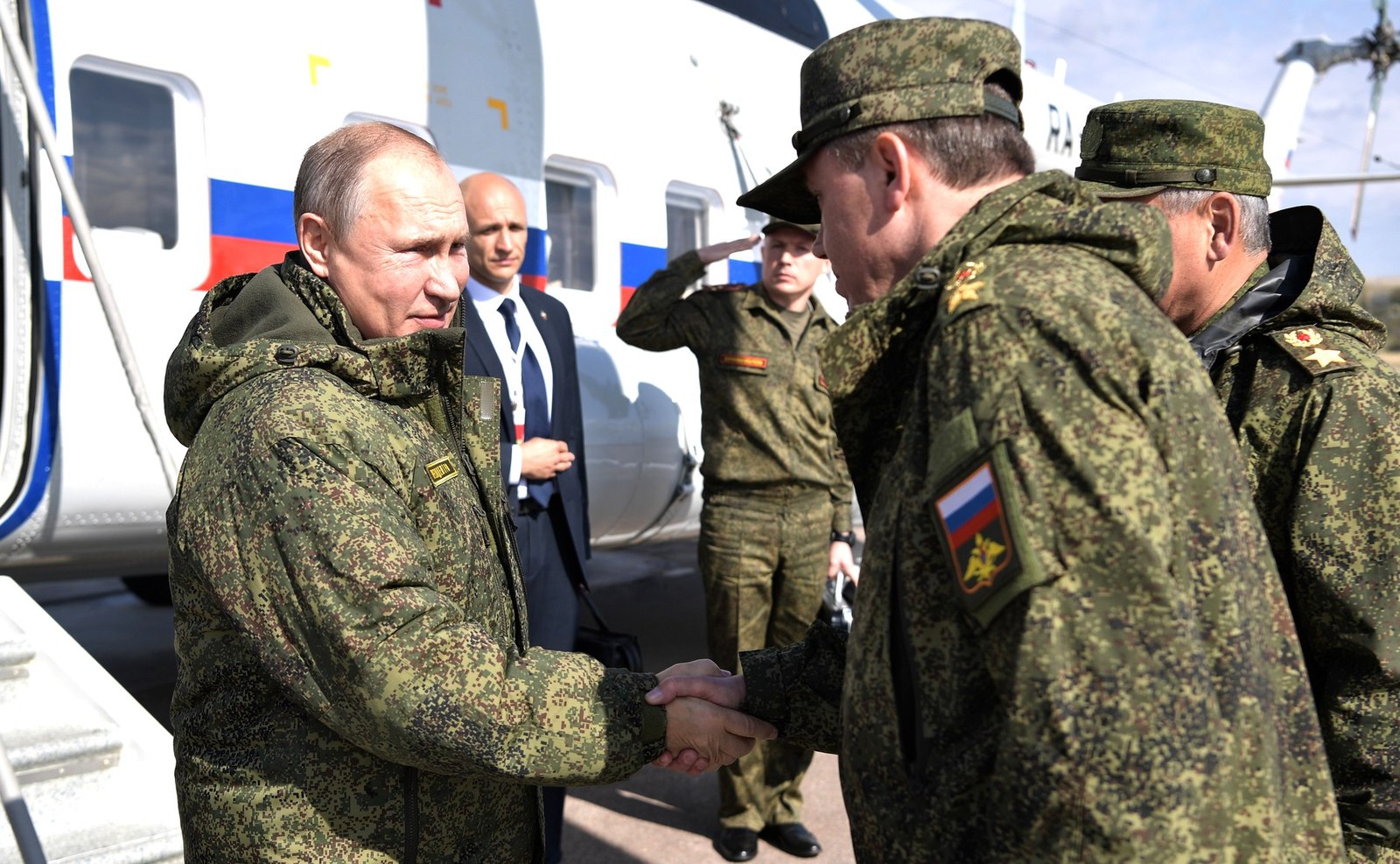Russian Leaders Know They’re Committing War Crimes. Their Laws of War Manual Says So.
By their own words, Russian leaders are condemned.

Published by The Lawfare Institute
in Cooperation With

The Russian armed forces and their commanders know they are committing war crimes in Ukraine. It says so in the 2001 “Manual on International Humanitarian Law for the Armed Forces of the Russian Federation.”
In my 2017 book, “The Law of War in the 21st Century,” I thought it might be useful for readers and researchers to have examples of non-NATO views of the law of armed conflict, so in an appendix I included law of war manuals that might be difficult to find, including the 2001 Russian manual. The translation was prepared by a certified translator from an original in my possession.
The manual requires commanders to be aware that, generally, attacks are forbidden on targets including concentrations of civilians, their dwellings, infrastructure necessary to their survival, nuclear power plants and cultural icons. It also makes clear that attacks on those targets employing weapons such as indirect artillery and missile fire, indiscriminate automatic weapons fire, and landmines can constitute separate war crimes.
“Civilian” is defined in the manual as “any person present in the area of combat operations, who is not a member of armed forces and refrains from any act of hostility.” The manual warns, “Especially dangerous objects are nuclear power stations … whose destruction may release dangerous destructive factors and consequent severe losses among the civilian population. These objects shall not become the object of attack even when they are military objectives if attacking them may result in the above-mentioned consequences.” That rule wasn’t applied at Chernobyl or the Zaporizhzhia complex.
The manual tells a commander: “While organizing and conducting combat operations the commander and staff must take into account the rules of international humanitarian law.” Prohibited methods of warfare include “killing or wounding civilians … taking of hostages… terrorizing the civilian population; using starvation of civilians to achieve military objectives, the destruction, removal or reduction to uselessness of objects indispensable to their survival … destroying cultural property, historic monuments, places of worship and other objects of cultural or spiritual heritage of peoples …; destroying or capturing enemy property, unless required by military necessity; ordering to pillage a town or place.”
In addition, “the following shall be prohibited [during] combat operations: “booby-traps which are placed outside a military objective and in any way attached to, or associated … dead bodies; burial or cremation sites, graves[.]” If bodies were mined at Bucha, that was another direct violation.
The manual warns:
In accordance with … the penal legislation of the Russian Federation, perpetrators of international humanitarian law violations can be held criminally responsible. Such violations include actions against persons and objects protected under international humanitarian law: willful killing, torture or inhuman treatment…willfully causing great suffering or serious injury, or harm to health; … taking of hostages; intentionally making the civilian population or individual civilians, …, an object of attack if it causes death or serious bodily injury, or harm to health; illegal arrest; … unlawful deportation … of civilian population of the occupied territory beyond its borders;
…
The actions of occupying forces must comply with the rules of international humanitarian law. The commander … in the occupied territory is obliged, …, to take all possible measures to ensure public order and security, prevent pillage and illegal confiscation of property. … Life, family, property, customs of the civilian population shall be respected.
Further, “search for, collection, identification, and burial of the dead members of the enemy armed forces as well as of other victims of armed conflicts shall be organized immediately, as soon as the situation permits and carried out … to establish the identity of the dead (deceased) and bury them with due dignity and respect as required by ethical principles.”
There are many other requirements, but those above were clearly violated in the shelling and bombing of Kyiv, Kharkiv and Mariupol, the murders in Bucha, the expulsions from Mariupol into Russia, and the mistreatment of civilians in numerous occupied towns and villages.
Do these rules matter?
When I last served in the U.S. Army in 1991, I drafted the war crimes investigation of Saddam Hussein and his inner circle. We had nothing like the levels of evidence present in Ukraine, yet we concluded the Iraqi leadership was guilty of numerous war crimes. I would have been anxious to have an Iraqi manual. This Russian manual is clear evidence that the Russian military leadership is aware their actions and inaction in Ukraine constitute war crimes. In any trial, the manual provides the necessary nexus to demonstrate that Russian leaders are legally responsible for illegal attacks upon and destruction of civilians and their homes, of cultural monuments and on nuclear power plants.
By their own words they are condemned.




